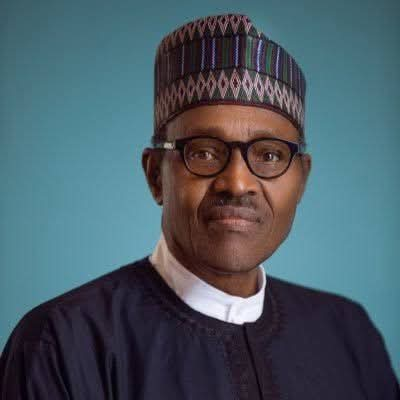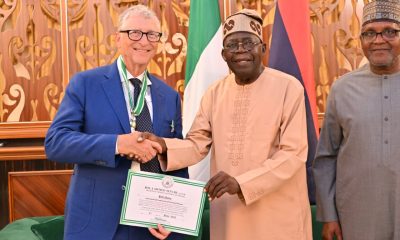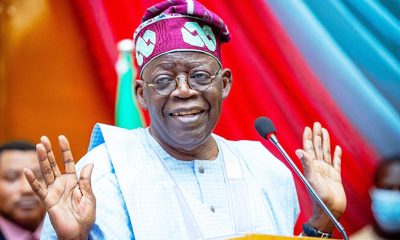AFRICA FOCUS
Former Nigerian President Muhammadu Buhari Dies at 82 in London

Nigeria is in mourning following the death of its former President, Muhammadu Buhari, who passed away on Sunday, July 13, 2025, in London. He was 82.
According to a statement issued by his spokesperson Garba Shehu and later confirmed by the State House, the late President died at about 4:30 p.m. after a prolonged illness.
The announcement came with a traditional Islamic prayer, Inna lillahi wa inna ilayhi raji’un, affirming his return to his Creator.
The news marks the end of a consequential era in Nigerian political history.
Towering figure
President Buhari was a towering figure whose influence spanned both military and democratic governance in Africa’s most populous nation.
He first rose to power as Nigeria’s military head of state from January 1984 to August 1985, following a coup d’état that ousted the civilian government of President Shehu Shagari.
Known for his stern anti-corruption drive and disciplinarian stance during that era, Buhari was eventually overthrown in another military coup led by General Ibrahim Babangida.
Decades later, after repeated attempts at the presidency, Buhari returned as a civilian leader when he was democratically elected in 2015 under the All Progressives Congress (APC), defeating incumbent Goodluck Jonathan.
He was re-elected in 2019 and completed his two-term tenure in 2023.
President Bola Ahmed Tinubu, who succeeded Buhari, expressed his sorrow over the loss and ordered that Nigeria’s national flags be flown at half-mast for seven days in honour of the late leader.
“I have spoken with Mrs Aisha Buhari to extend my condolences and those of the nation,” President Tinubu said in an official statement signed by his Special Adviser on Information and Strategy, Bayo Onanuga.
He also announced that Vice President Kashim Shettima has been directed to travel to the United Kingdom to accompany the late president’s body back to Nigeria for burial.
Military & Civilian ruler
Buhari’s time in office—both as a military and civilian leader—was marked by strong ideological stances and significant political and economic shifts.
His military regime was noted for its “War Against Indiscipline” campaign and a zero-tolerance approach to corruption, though critics cited human rights abuses and press censorship during that time.
As a civilian president, Buhari’s administration faced challenges including economic recession, security crises stemming from Boko Haram insurgency and banditry, and controversial policies such as the border closure and the naira redesign.
Yet, his supporters applauded his investments in infrastructure, particularly roads, rail, and agricultural reforms, as well as his commitment to anti-corruption—even if critics argued those efforts were often selective.
Internationally, Buhari was regarded as a respected elder statesman and a key voice on issues such as regional security in the Sahel, democratic governance in West Africa, and global anti-corruption initiatives.
Despite health concerns that dogged his second term—leading to extended stays in London for medical treatment—he completed his tenure and peacefully handed over power to President Tinubu in 2023, in line with Nigeria’s democratic tradition.
The late President was also a devout Muslim and a deeply private figure outside the sphere of politics.
He is survived by his wife, Aisha Buhari, and several children.
Tributes are already pouring in from across the country and around the world. Former political allies, opposition leaders, traditional rulers, and members of the international community have extended condolences, praising his decades of public service and commitment to Nigeria.


















